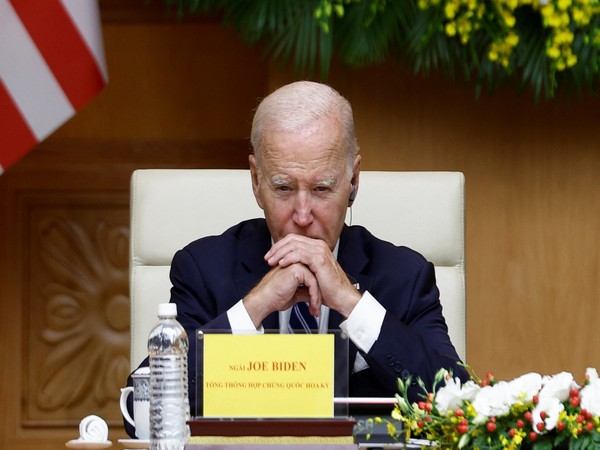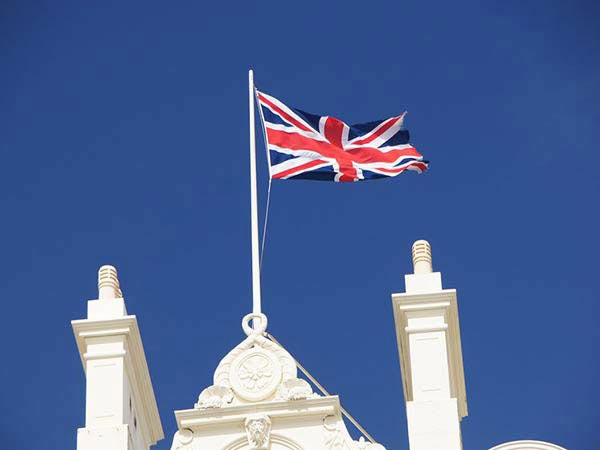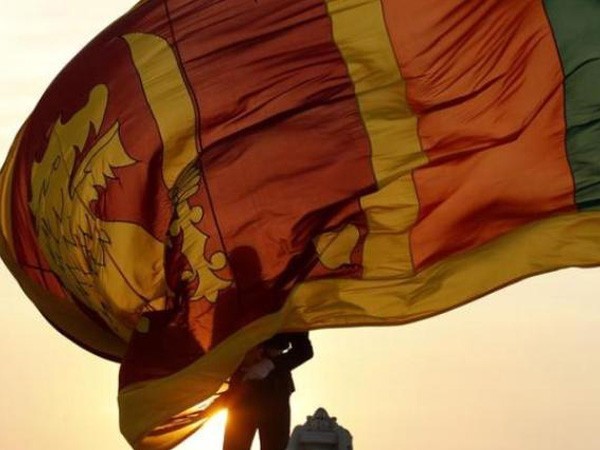Biden signs stopgap measure to extend government funding until March
Jan 20, 2024

Washington [US], January 20: U.S. President Joe Biden on Friday signed a stopgap funding bill that will keep the government open into early March, avoiding a partial shutdown that would have taken effect in just a few hours.
The bill, which was approved by Congress on Thursday, buys lawmakers more time to finish the formal appropriations process for fiscal year 2024, which began on Oct. 1, 2023.
The stopgap bill cleared the Senate by a tally of 77 to 18. The House passed the measure by a vote of 314-108 amid opposition from hard-line House Republicans, who had attempted to cut federal spending and add border security provisions in the "clean" stopgap measure.
Senate Majority Leader Chuck Schumer said Democrats are not willing to pass a border security bill before passing funding for Ukraine. "We have to do both together," he said.
Some conservative Republicans, however, don't want to provide further aid for the war-torn country. Texas Congressman Keith Self said his constituents have made it clear that "our own border must be secured first before even talking about further funding to Ukraine."
It's the third stopgap funding measure this Congress has approved, with the first in September 2023 and the second in November. Former House Speaker Kevin McCarthy, a Republican, was unprecedentedly ousted from his post by conservative members of his own party after passing a "clean" short-term spending bill with the support of Democrats.
In November, McCarthy's successor, House Speaker Mike Johnson worked with Democrats to approve another stopgap spending bill that extended funding for some federal agencies and programs until Jan. 19, 2024, and others through Feb. 2.
Earlier this month, House and Senate leaders reached an agreement on a short-term spending deal that would move upcoming government funding deadlines to March 1 and March 8, respectively, buying legislators more time to craft longer-term spending bills.
Passage of the stopgap bill marks a cleared hurdle for Johnson, who cut a deal with Democratic leaders to avert a government shutdown and faced backlash from hard-right House Republicans, who had lashed out at the bill for a lack of spending cuts and border security policy.
Just as McCarthy, Johnson had to rely heavily on Democratic support on the passage of the stopgap bill, with a fast-track process that requires two-thirds of the votes from House members.
Some Republican lawmakers even expressed regret for casting vote for Johnson's speakership, indicating continued division between moderates and conservatives within the Republican Party.
Maya MacGuineas, president of the Committee for Responsible Federal Budget, recently said in a statement that the stopgap spending bill will hopefully allow Congress to pass appropriations bills in the next few weeks before the continuing resolution runs out.
"Congress should now work to pass individual appropriations bills rather than a gigantic omnibus, which can often be accompanied by a slew of other debt-increasing provisions attached to it," said MacGuineas.
Source: Xinhua









